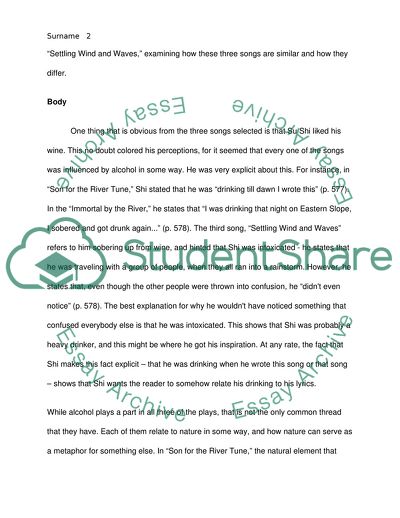Cite this document
(The Classical World for Inspiration Case Study Example | Topics and Well Written Essays - 2639 words, n.d.)
The Classical World for Inspiration Case Study Example | Topics and Well Written Essays - 2639 words. Retrieved from https://studentshare.org/culture/1802020-analysis-for-ancient-chinese-literature-song-lyricci
The Classical World for Inspiration Case Study Example | Topics and Well Written Essays - 2639 words. Retrieved from https://studentshare.org/culture/1802020-analysis-for-ancient-chinese-literature-song-lyricci
(The Classical World for Inspiration Case Study Example | Topics and Well Written Essays - 2639 Words)
The Classical World for Inspiration Case Study Example | Topics and Well Written Essays - 2639 Words. https://studentshare.org/culture/1802020-analysis-for-ancient-chinese-literature-song-lyricci.
The Classical World for Inspiration Case Study Example | Topics and Well Written Essays - 2639 Words. https://studentshare.org/culture/1802020-analysis-for-ancient-chinese-literature-song-lyricci.
“The Classical World for Inspiration Case Study Example | Topics and Well Written Essays - 2639 Words”, n.d. https://studentshare.org/culture/1802020-analysis-for-ancient-chinese-literature-song-lyricci.


